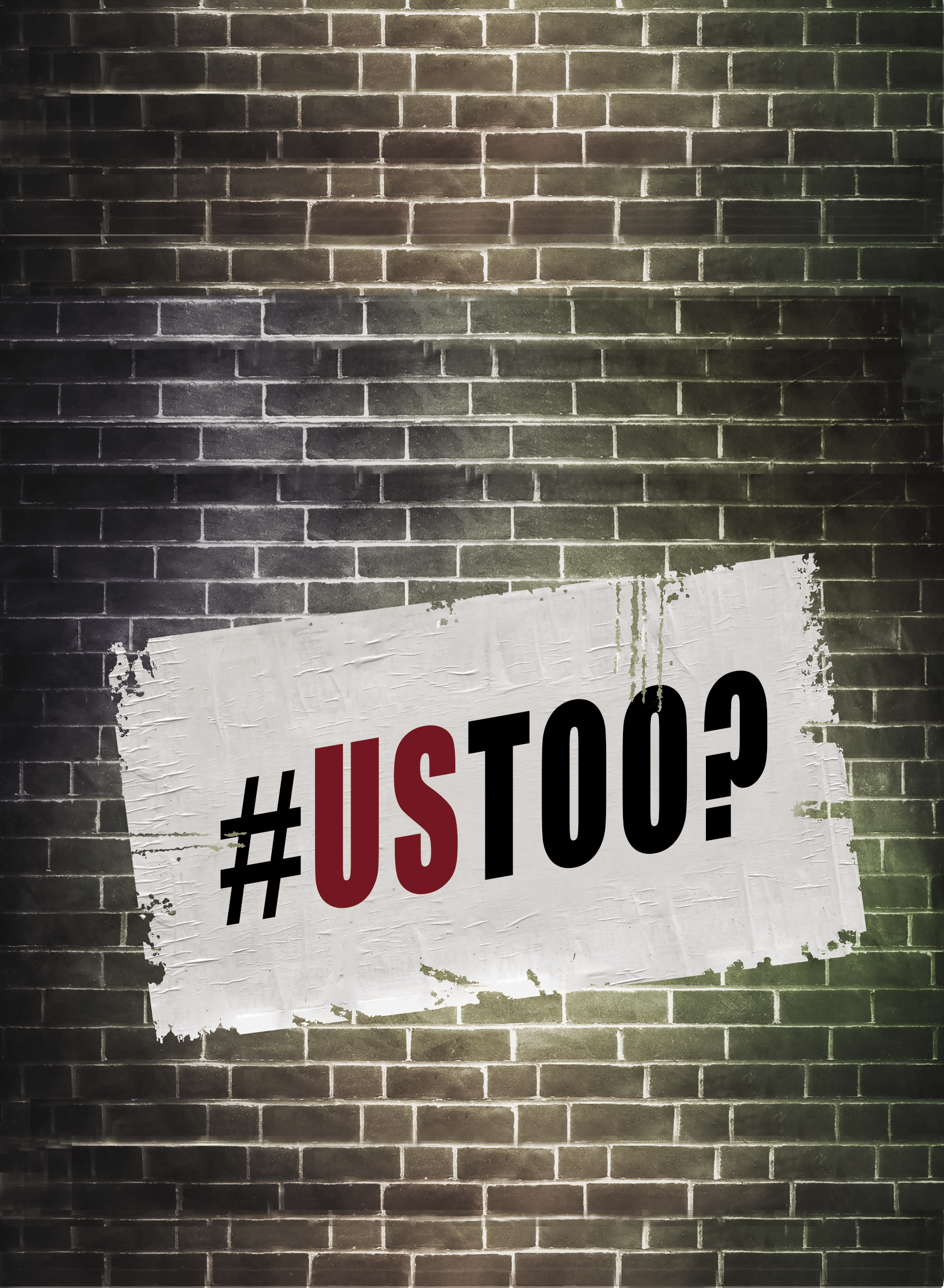
John Gould discusses what role professional regulation should play in tackling bullying & sexual harassment in the legal profession
- The concept of professional misconduct and what should attract the attention of regulators?
In May of this year the International Bar Association published its report on bullying and sexual harassment in the legal profession (‘Us Too? Bullying and Sexual Harassment in the Legal Profession’,
International Bar Association, May 2019). It was based on 6,980 responses from 135 countries. The conclusions of the report were that bullying is rife in legal workplaces and sexual harassment is common. The majority of those on the receiving
end do not report it because of factors such as the status of the perpetrator, the fear of repercussions and the problem being endemic to the workplace. Policies and training aren’t making much, if any, difference, with the position
being just as bad in firms with policies and training as those without.
Although it would be tempting to think that the problems are worse in other countries where old fashioned









